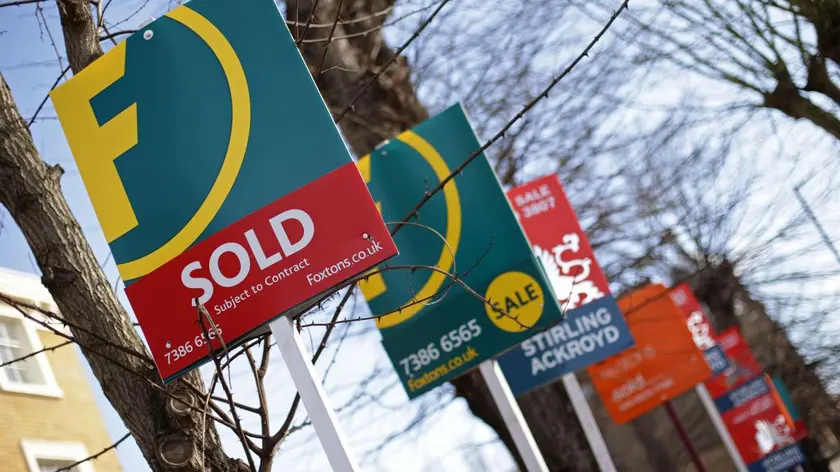T4K3.news
Dividend tax hits record number of investors
HMRC data show 3.7 million people will pay dividend tax in 2024/25 as the allowance is cut to £500.
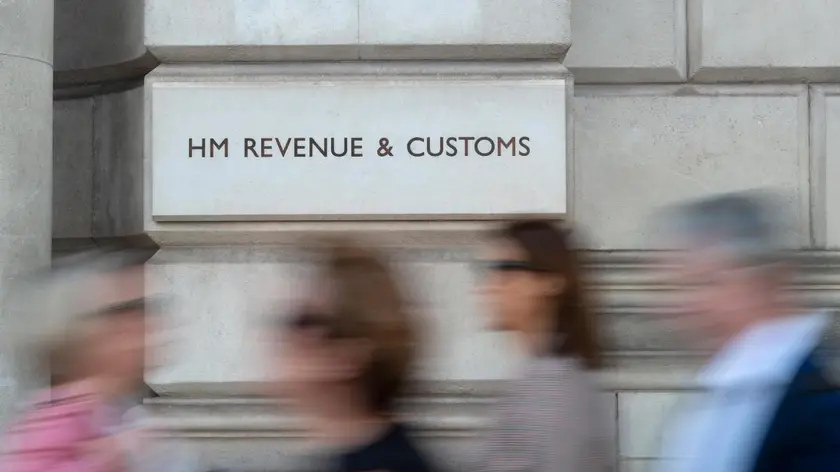
The shrinking dividend allowance is expanding who pays tax on share income and raising questions about investment incentives.
Dividend tax hits 3.7 million investors after allowance cut
HMRC data show that 3.7 million people will pay dividend tax in the 2024/25 tax year, a record high. The rise comes despite no change in dividend rates, as the dividend allowance has been cut from £5,000 in 2018 to £2,000, then to £1,000 in 2023 and to £500 in 2024. The shrinking allowance widens the tax net and captures more people with modest portfolios who rely on dividend income.
The policy trend is a shift from changing rates to changing the tax base. Proponents say the changes raise revenue and simplify administration, while critics warn they dampen the appeal of investing for households and retirees. The issue sits in a wider political debate about Britain’s investment environment, with Labour pledging to boost investment and growth while public finances feel the squeeze. For many families, the cut arrives quietly but with a meaningful impact on take-home returns.
Key Takeaways
"The dividend tax rise lands on ordinary savers"
editorial note on impact on small portfolios
"Policy changes raise revenue but shrink the investing base"
analysis of tax design trade-off
"If the aim is to boost growth, the net effect may be the opposite"
implications for growth
The steady narrowing of the dividend allowance over five years reflects a design choice: raise revenue by narrowing who is exempt, not by lifting rates. That makes the policy feel less radical on paper, but its real effect is to widen the tax base without broad tax reliefs, pressuring savers with smaller portfolios.
Politically, the move places Labour between its promise to encourage investment and a budget line aimed at raising funds. The policy tests voters’ tolerance for quiet tax increases that tighten the screws on everyday investors. The question is whether the revenue gains will be seen as worth the potential chill to household savings and to Britain’s share-market confidence.
Highlights
- Tax changes hit ordinary savers hardest
- A revenue grab hides in the small print
- Britain needs investment not quiet frustration
- Policy should grow growth not curb it
Budget and political sensitivity risk from dividend tax changes
The changes touch on budget profits, voter perception, and investment behavior. There is potential backlash from investors and critics who view the cuts as unfair to savers, and it intersects with political debate over Britain’s economic strategy.
The policy path ahead will show if revenue gains come at the expense of long-term investment.
Enjoyed this? Let your friends know!
Related News
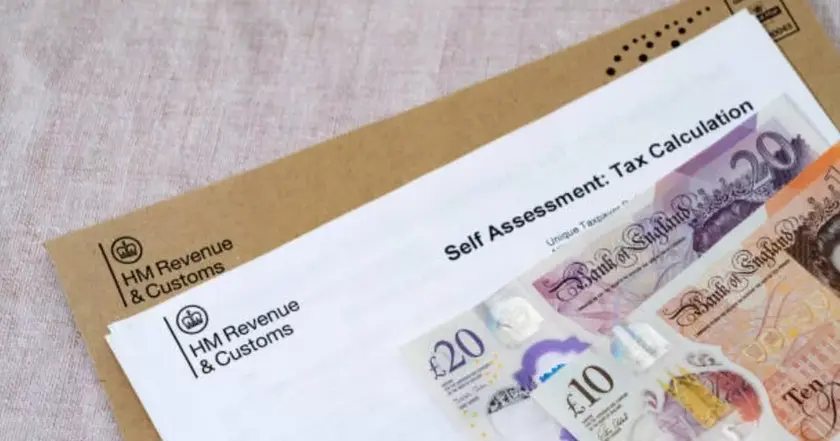
Dividend tax impact
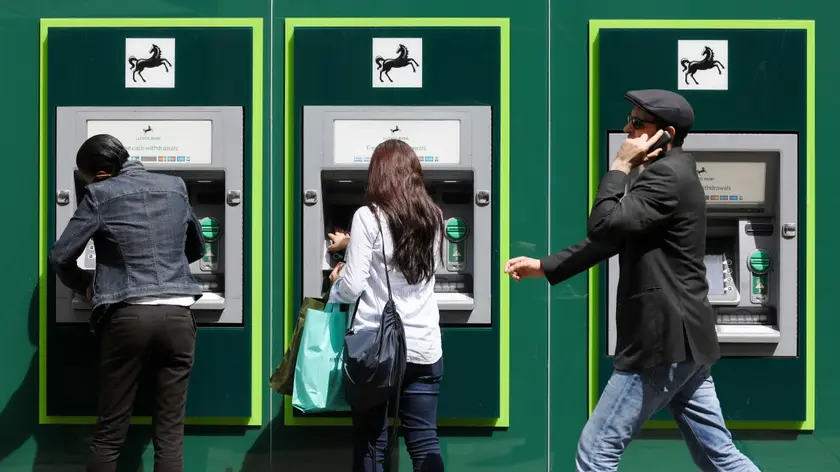
FTSE 100 reaches intraday high of 9,102.53

Wash sale risk rises with meme stock comeback

Dividend tax net widens

Markets hold at high valuation

Reeves eyes broad tax hikes in Autumn Budget
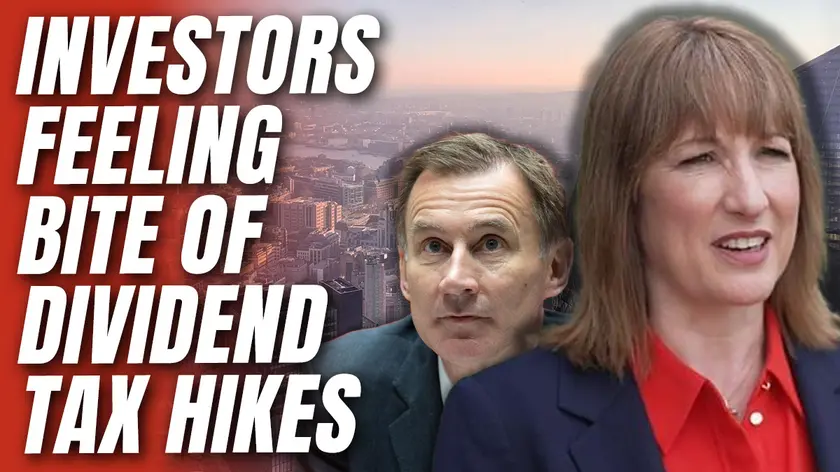
Dividend tax changes analyzed

YieldMax Announces New Distributions on Major ETFs
